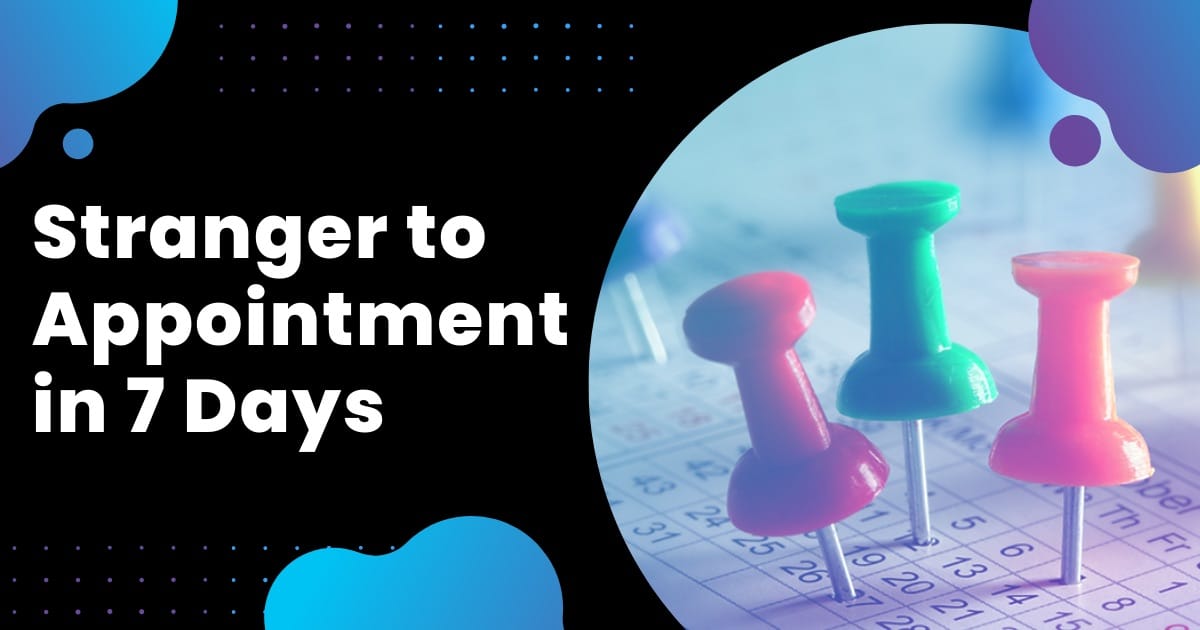The inspiration for this blog post was an SEO/Google Adwords enquiry where their current provider has been telling them they need more content on pages, particularly their home page. The funny thing is that their home page already had so much content that it had become confusing….I had no idea what I should be looking at!
“SEO” was creating a bad user experience. If people are clicking on links from Google search results and then quickly returning to look for another search result, what signals do you think that is giving Google?
As an agency, we focus more on paid traffic like Google Adwords than SEO for most of our clients, so we concentrate more on user experience and how we can increase conversion rates. While I don’t want to say long form content does not have it’s place, a little common sense does need to be applied.
Ever since Google launched the “Panda” update for their search algorithm people have become focused on making sure their web pages have quality content….but often people are confusing this with long content. Sure, there will be some situations where long form content will result in better search engine rankings (studies back this up), but this is not necessarily the case for every search topic or every page on your website.
So how can you possibly know how many words on a page is the ideal number to be search engine friendly?
A good place to start is by looking at the search results for the search terms you want to rank for and see what the competition is doing to rank.
There are going to be search terms where people are looking for information on a topic. For these you will probably see articles from blogs ranking and naturally these are going to be longer pieces of content…this is where most of the data supporting the benefits of content being 1000-2000 words long is coming from.
However….
For search terms related to services and products this is where we start seeing home, service and product pages ranking and this is where you really need to take notice of the length of content on top-ranked pages.
In most cases, you will probably see your competitors are not shooting for some magical, ridiculously large word count and yet they are still ranking. So if every other website in your industry has 200 words on their home page, do you really think having 400 words will magically skyrocket your rankings to number 1?
Google has spent a ****load of money and the time of some of the brightest minds on the planet perfecting their search algorithm. You and I are not going to trick Google with something so simple.
Google looks at a multitude of things to determine the ranking order of web pages and they have indexed enough pages to know that for a particular search term, relevant pages need to have certain content…if you can get that content on the page in 200 words then you wont be penalised because someone has said the same thing in 400 words.
Instead of focusing on getting more content on the page, focus on creating a good user experience for your visitors. This is what Google’s search algorithm is actually trying to deliver – search results where people get what they are looking for.
So look at the pages on your website and objectively answer these questions for each individual page as if you were a website visitor:
- Do you have what they need?
- Can they trust you?
- Is it clear what their next step should be?
Setting up your pages for a good user experience and maximising conversions
Look at any page that is potentially an entry page for your business, not just your home page:
1. Can people scan the page and get an idea of what is on the page?
Like the table of contents for a book, your web page should have some form of visual hierarchy that leads people through your content to your call-to-action. If people cannot easily scan and determine where the content is that they need to read in more detail is, or how to click through to it, then people are likely to give up and go find another website that is easier.
2. Is it immediately clear what you have to offer?
Don’t make people wade through your content to work out what it is you have to offer. Let people know right from the very beginning the solution you provide and then go into how you provide it…make people want to scroll to get more details.
3. Are you trustworthy?
When people hit your website you want them to do something, right? You want them to commit in some way, whether it is making a purchase, picking up the phone or submitting their details in a form….this requires a lowering of the visitor’s trust barrier. The level of commitment you are asking of someone is proportional to the level of trust you need to have built with the website visitor.
Think about the things you can show to impart a feeling of trust:
- Testimonials
- Case studies
- Proof of results
- Samples of work, e.g. project gallery
- Accreditations and awards
- People/companies you have worked with or have used your product/service
Even a video of you (an authenticate person that just wants to help) can build trust and rapport because you are not hiding behind words on a page.
4. A call-to-action(s)
A CTA can be as simple as “click here” to read more details on another page, but you should always identify at least one primary call-to-action on a page. The call-to-action is arguably the most important element on a page, not just in the live environment.
You have probably heard the saying, “Start with the end in mind.” Each page on your website should be no different….if you don’t know what you want people to do, how can you expect a website visitor to know?
In fact, when planning a website, first identifying the call-to-action for each page on your site is probably the best way to proceed. For each page you can then decide what information is needed on that page to reach the trust level to take the action you are asking of them….every element is then leading the visitor to the action you want them to take.
So here’s the takeaway…
All I can really say for myself is that whenever I’ve written a piece of content that covers everything it needs to cover and then tried to expand it just to reach a certain word count, it ends up reading like rubbish.
Google wants to make money. They make money by being recognised as the best search engine, so they have a vested interest in ensuring a good user experience for their users. We need to get away from “tricks” that might give us better search rankings and focus on producing content and presenting it in a way that keeps our website visitors happy.
Plan your content, write it and then give it a mild touch up to improve your onpage SEO, but don’t just follow some arbitrary rule that says you need longer content.










